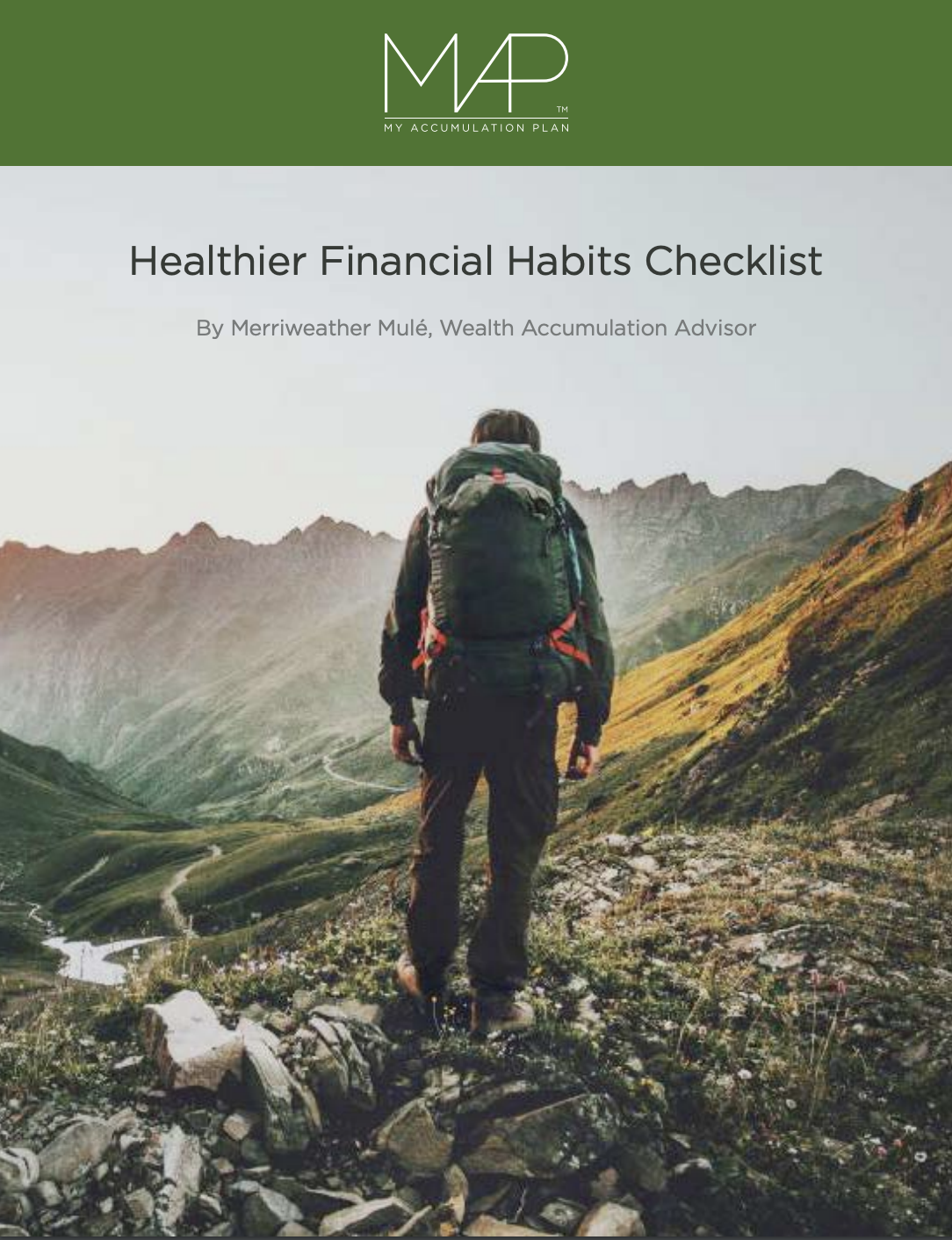Shopping, dining out and traveling feel like things of the past?
It is no secret your spending habits have changed as a result of shutdowns across the country, and some of you are finding yourselves with a little more cash in the bank at the end of each month than usual. Instead of using this extra money to splurge online and pad Jeff Bezos’ pockets, take the time to make this money work harder for you with these simple steps.
1. Audit and Chill.
Turn off Netflix (seriously – ‘Tiger King’ isn’t going anywhere) and cozy up with a cup of coffee or a glass of wine. Get comfortable and spend some quality time with your finances for a change. Take a hard look at your spending in recent months. After the essentials (housing, food, etc.), where does your money go?
2. Channel Marie Kondo.
It may feel like spending is the only way money can spark joy but think again. How would it feel to see your first $1M invested in a portfolio designed to help you accumulate wealth? Saving that first million is not easy but you can get there faster by cutting out what you truly don’t need. Use your audit to see where the bulk of discretionary spending goes and commit today to putting that money to better use.
3. Set it and Forget it.
Now that you see what you really need to spend to cover costs of living, set up a monthly auto-contribution for the amount your audit tells you is left over each month. Doing so will help reduce unnecessary spending in the future, allowing you to grow your MAP account quicker and come out on the other side of this with a stronger financial foundation when the market recovery begins.
The three simple steps listed above for adopting healthier financial habits should take you an hour or two, tops. But if you find yourself interested in spending more quality time with your finances and are ready to take additional steps toward a healthier financial future, download the Healthier Financial Habits Checklist.
